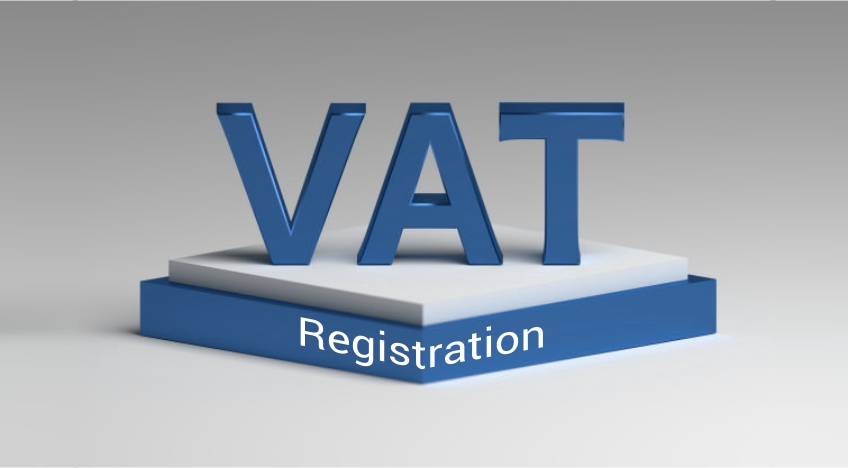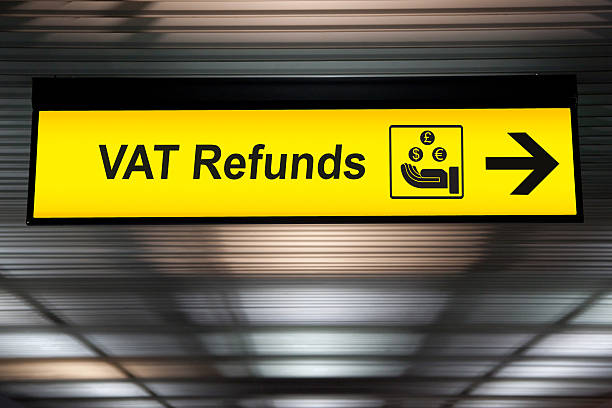As time passes, we are one step closer to implementing VAT in the UAE. VAT Registration UAE is a general consumption tax levied on most transactions of goods and services unless specifically exempted by law. Under this, VAT is levied at each stage of “value addition” in the supply chain, and the input tax credit mechanism allows businesses to act as government tax agents or collectors to collect tax from end consumers. and pay taxes. Ultimately, the end consumer pays the tax.
Government authorities are seriously working on the implementation of VAT Registration in the UAE and the main milestones achieved in the implementation of the VAT Registration UAE law are:
-Draft UAE VAT law now submitted to Ministry of Finance
-The Federal Tax Procedure Act was enacted
-The Value Added Tax Regulations Act has been enacted
-Free Trade Agreement Portal has launched VAT registration UAE online
-The finalization of the VAT Registration UAE administrative regulations is the next major challenge in the implementation of VAT in the UAE.
Implementation of VAT in the United Arab Emirates:
VAT is expected to be implemented across the UAE on January 1, 2018. The Kingdom of Saudi Arabia and the United Arab Emirates will be the first two GCC countries to implement VAT Registration. Other member states, including Bahrain, Oman, Qatar and Kuwait, plan to introduce VAT Registration in mid-2018 or early 2019.
The supply of goods and services in the UAE is subject to a standard tax rate of 5%. However, certain supplies, such as local passenger transport, certain financial services, healthcare, and exports outside the GCC, are zero-rated or exempt from VAT Registration in the UAE.
Only with the introduction of the VATRegistation Implementing Regulations will the conditions and controls for exempt supplies listed in the VAT Registration UAE Law become clearer.
Prepare your company to pay VAT in the UAE:
January 1, 2018 is the expected implementation date for VAT Registration in the UAE. There are now only about two months left, which is crucial for businesses to prepare for the new tax regime and become “VAT ready”. “VAT ready” does not mean being ready to pay VAT Registration from 1 January 2018, it means being ready to pay VAT Registration today.
This starts with ensuring that all financial transactions are recorded and that the books are accurate and up to date. This is because the books of accounts are evidence of registration against the minimum annual turnover threshold for which registration is required or an exemption from registration can be applied for.
Secondly, ‘VAT preparation’ means charging VAT on the supply of taxable goods and services, calculating the VAT Registration paid on purchase so that input tax credits can be claimed, and finally this means you need to disclose your VAT Registration on a regular basis as we will Tax billing and payment details.
So, your first step towards VATRegistration UAE preparation is to ensure you have the best “Think VAT” software in place.
In addition to considering the best VAT software, businesses must also understand the basics of VAT Registration UAE and its impact on the business. We anticipate that businesses may need to make changes to their business operations, financial management, bookkeeping, etc. to comply with VAT requirements fully. The main tasks of VAT Registration preparation include:
-Discover the best VAT software – adapt and adjust your business activities
-Empower your organization by educating your team on the basics of VAT Registration UAE and its impact on your business.
-Review your business processes, practices and procedures, mainly pricing, procurement, billing and logistics, in line with VAT Registration requirements and adjust accordingly.
-Ensure accounting books are accurate and dated
Inform suppliers and customers of VAT Registration UAE and its subsequent impact on transactions. Prepare for and transition to VAT Registration.
You can also register VAT Registration in our website:




